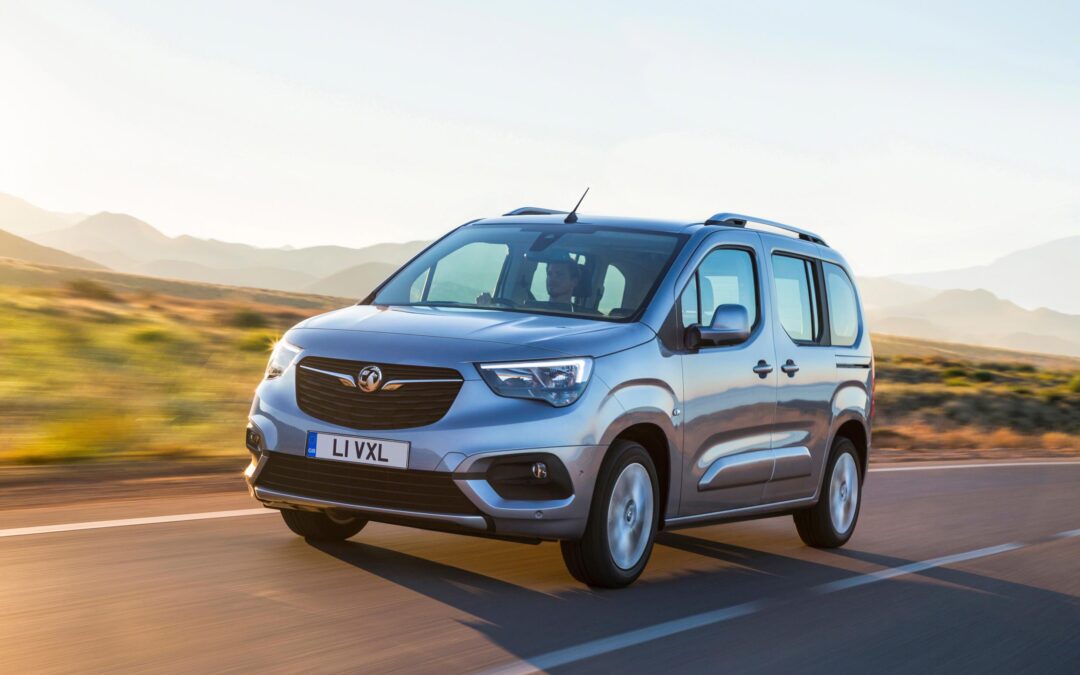This month the WLTP, the world harmonised light vehicle test procedure, goes live.
This replaces the NEDC consumption test which dated from the 1970s. WLTP imposes far more stringent, ‘real world’ controls including analysis of emissions during idling and under full throttle. WLTP has none of the broad brush approach of the previous regime and applies to every different specification of model within the car manufacturer’s range, distinguishing between identical cars for example with and without sunroofs as the slightest aerodynamic change affects consumption and emissions.
Although they have had a year’s notice, WLTP requirements have proved a major logistical challenge for car makers. Some have managed better than others to get their ranges approved: VW is warehousing 250,000 cars awaiting test on the runways of the unfinished Berlin Willy Brandt airport and Daimler Benz has posted a profits warning for 2018 as it too will not be able to have everything certified in time.
Other German-made cars are also subject to several months delay in availability. One consequence is that the UK fleet market which takes over 50% of all new cars will in some cases be turning to manufacturers whose ranges are ready within fleet buyers’ time frames.
The manufacturers have only themselves to blame for this: motorists learned decades ago to take their claimed NEDC petrol consumption with a pinch of salt and when in the 2000s certified emissions levels became a significant factor in tax value, this sleight of hand led directly to the deception of dieselgate. All car buyers will end up, one way or another paying for that.
The news from Luton that Vauxhall/Opel, now under Peugeot tutelage, has returned to the black is encouraging. The firm was behind the trend towards SUVs, but this month it takes another step to remedying that with the launch of its funky new Combo Life, supplementing its Mokka and Grandland models. Managing director Stephen Norman says Vauxhall seeks to return to being the “reference brand” it undoubtedly once was for Britons and made “very good cars you don’t have to pay through the nose for.”
Most of us have probably owned a Vauxhall at one time and may recall how thirty years ago, the Cavalier propelled Luton’s marketshare from 9 to 16%: Mr Norman aspires to achieving this again. It’s a mighty challenge, but the auguries are good and we wish Vauxhall well.
Kieron Fennelly | Joint Vice-Chairman WGMW
As a youngster he used to send race reports on Mallory Park meetings to the Derby Evening Telegraph which unaccountably always failed to print them. For thirty years he produced reports and analysis for other people before turning to motoring journalism and writing about matters rather closer to heart. An old 911, acquired when they were still affordable opened the world of Porsche and today he writes on historical subjects for several Porsche magazines in Europe and the US. He is also the UK correspondent for the classic car weekly, La Vie de l'Auto and keeps a foot in the modern world with a column in Trucking, a transport magazine, and as motoring correspondent for the Irish Police Journal.

